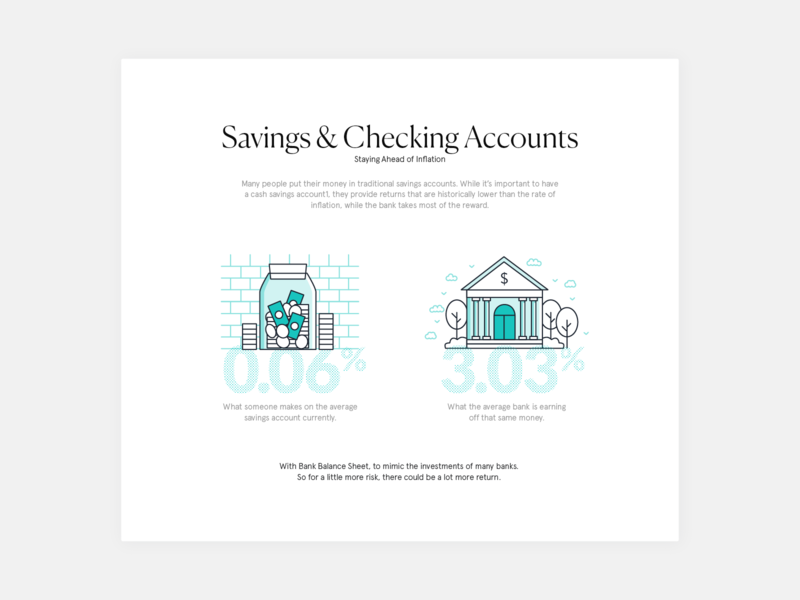The Consequences Of Stopping Working To Meet Efficiency Bond Commitments
The Consequences Of Stopping Working To Meet Efficiency Bond Commitments
Blog Article
Content Author-
When a guaranty concerns an efficiency bond, it assures that the principal (the event who buys the bond) will meet their obligations under the bond's terms. If the major fails to fulfill these obligations and defaults on the bond, the surety is accountable for covering any type of losses or damages that result.
1. Loss of credibility: Defaulting on an efficiency bond can harm the principal's online reputation and credibility, making it tougher to protect future service or financing.
2. Legal and management costs: The guaranty may need to pay lawful and management expenses related to pursuing the principal for problems or attempting to fix the circumstance.
3. Monetary losses: The guaranty may need to cover the expense of finishing the project or offering the services that the principal fell short to provide. This can cause significant economic losses for the surety.
4. Boosted costs: If the principal has a background of defaulting on performance bonds, they may be required to pay greater costs in the future to get the necessary bonding.
In general, defaulting on a performance bond can have significant monetary repercussions for both the principal and the surety. It is necessary for principals to thoroughly consider their commitments and guarantee they have the ability to meet the regards to the bond to stay clear of these unfavorable end results.
Defaulting on a performance bond can be a costly mistake for organizations. When you stop working to fulfill the bond's responsibilities, the financial consequences can be substantial. From paying the full bond amount to potential legal battles and damaged relationships, the consequences can reverberate throughout your organization procedures. Understanding the detailed web of economic influences that defaulting on a performance bond can have is essential for protecting your firm's economic wellness and credibility.
Financial Penalties for Defaulting
If you back-pedal a performance bond, you'll likely face substantial punitive damages. These charges can vary relying on the regards to the bond arrangement yet commonly entail paying the bond quantity in full to the obligee. This indicates that if you fall short to satisfy your contractual commitments, you have to pay the bond total up to the task owner or the entity that needed the bond.
In addition, you may additionally be responsible for any extra costs sustained by the obligee as a result of your default, such as finding a substitute contractor or covering task hold-ups.
Back-pedaling an efficiency bond can also cause legal costs and court prices if the obligee chooses to take lawsuit against you to recuperate the bond amount. These expenditures can rapidly build up, more exacerbating the monetary effect of your default. It's important to carefully examine and comprehend the regards to the efficiency bond to avoid these extreme financial penalties.
Impact on Organization Cash Flow
Defaulting on a performance bond can dramatically influence your company capital, impacting economic security and functional capabilities. When you default on an efficiency bond, you run the risk of shedding the bond quantity, which can be a significant amount. This loss straight affects your cash flow, as you'll need to locate alternative sources of funding to cover the bond amount. Furthermore, defaulting can cause raised scrutiny from guaranties, making it tougher and more pricey to secure bonds in the future. This can better strain your cash flow as you might need to assign extra sources to fulfill bonding needs.
The impact on your capital doesn't quit there. Defaulting on an efficiency bond can likewise cause task delays or terminations, leading to a loss of earnings. Furthermore, the unfavorable credibility that comes with defaulting can hinder prospective customers, further lowering your cash flow. In general, back-pedaling a performance bond can have harmful impacts on your service's monetary health and wellness and capacity to run efficiently.
Lawful Implications and Claims
Dealing with legal implications and possible suits because of back-pedaling an efficiency bond can substantially influence your service's reputation and monetary standing. When you default on an efficiency bond, the surety company might take lawsuit to recoup the bond quantity paid out. mouse click the next page could result in pricey lawful charges, court costs, and possible negotiations or judgments versus your business.
In addition, defaulting on a performance bond may cause damaged partnerships with clients, subcontractors, and providers, impacting your ability to protect future agreements. Suits emerging from bond defaults can stain your business's reliability in the market, making it testing to draw in new partners or clients.
Furthermore, if the default causes a court judgment against your organization, it might lead to property seizure or liens, even more stressing your economic stability. As a result, it's vital to recognize the lawful effects of defaulting on an efficiency bond and take proactive steps to mitigate the risks involved.
Conclusion
As you deal with the consequences of defaulting on an efficiency bond, remember this: it resembles walking a tightrope without a safeguard. linked website can send you plunging into a monetary freefall, with no method to stop the autumn.
The punitive damages, cash flow influence, and lawful ramifications are all waiting to catch you if you slip up. So step thoroughly, and always recognize your dedications to avoid the extreme repercussions of default.
